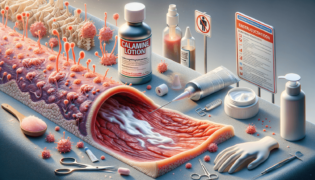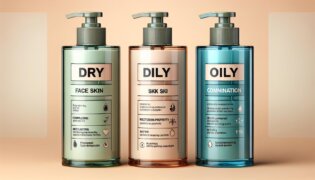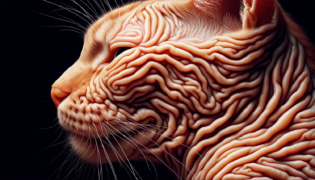100 units of Botox is equivalent to 4 mL when reconstituted with saline solution, as typically 1 unit is mixed with 0.04 mL saline. However, dilution can vary, so it’s essential to consult with a professional for precise measurements.
Botox Dilution and Skin Tags
While Botox is typically utilized for the treatment of wrinkles and fine lines, it’s important to note that it’s not designed for addressing other skin concerns such as skin tags. Skincare Logix, a blog about skincare, recommends seeking alternative treatments for skin tags, such as a skin tags remover.
Botox Units and mL Ratio
The common dilution ratio for Botox is 1 unit mixed with 0.04 mL of saline solution, resulting in 100 units equating to 4 mL. However, practitioners may opt for various dilution ratios, depending on the desired treatment effect. It’s crucial to follow a professional’s guidance to ensure the best outcome in your Botox treatments.
Skincare Logix’s Take on Skin Tags Remover
As an alternative to Botox for addressing skin tags, Skincare Logix recommends exploring over-the-counter skin tags removers or consulting with a dermatologist for a personalized treatment plan. OTC skin tags removers often contain ingredients like salicylic acid or natural oils to gradually eliminate skin tags, while professional methods may involve cryotherapy, surgical excision, or laser removal.
Understanding Botox Units and Measurements
Botox is a popular cosmetic treatment for reducing the appearance of fine lines and wrinkles. Skincare Logix, a blog about skincare, aims to provide important information about Botox, including the units and measurements of Botox injections, to help you make informed decisions about your skincare treatments.
How Many mL Is 100 Units of Botox?
100 units of Botox is equivalent to 4 mL when reconstituted with saline solution, as typically 1 unit is mixed with 0.04 mL saline. However, dilution can vary, so it’s essential to consult with a professional for precise measurements.
Factors Affecting Botox Dilution
While the standard dilution ratio for Botox is 1 unit per 0.04 mL saline, practitioners may adjust this based on the desired outcome and specific treatment area. Factors such as muscle size, gender, treatment goals, and individual response to Botox can impact the dilution ratios and overall injection volume.
Administration of Botox
Botox should only be administered by a licensed and trained professional. Skincare Logix emphasizes the importance of choosing a trusted practitioner to ensure safe and effective Botox treatments. Using the right dilution, injection technique, and understanding of facial anatomy are all critical factors in achieving optimal results.
Botox Alternatives for Skin Concerns
Bear in mind that Botox is not a solution for all skin concerns, such as skin tags. Skincare Logix encourages exploring other treatments when dealing with specific issues like skin tags. Consult with a dermatologist or skincare specialist to determine the most appropriate course of action.
FAQ Section: Botox Units and mL
In this section, Skincare Logix addresses some frequently asked questions related to Botox units and measurements to provide more clarity and guidance for your skincare journey.
Can the conversion of Botox units to mL vary?
Yes, the conversion of Botox units to mL can vary as the dilution ratio depends on the practitioner and the desired treatment outcome. The standard ratio is 1 unit per 0.04 mL saline, but it can be adjusted by professionals based on specific factors.
Is Botox suitable for treating skin tags?
No, Botox is not designed for treating skin tags. Botox is primarily used for addressing wrinkles and fine lines. For skin tag removal, consider alternative treatments such as over-the-counter skin tag removers or consult a dermatologist for professional options.
How often can Botox treatments be repeated?
Botox treatments are typically repeated every 3 to 6 months. However, the frequency may vary based on individual factors such as skin type, targeted treatment area, and the desired results. It’s important to consult with a professional for personalized recommendations.
Can over-diluting Botox affect the results?
Yes, over-diluting Botox can potentially affect the results, leading to less effective treatments and reduced longevity. A correctly diluted Botox solution is crucial for achieving optimal outcomes. Ensure you consult a trusted professional who understands appropriate dilution ratios and techniques.
Are there any side effects of Botox injections?
Some possible side effects of Botox injections include bruising, swelling, redness, and mild discomfort at the injection site. These side effects are typically temporary. However, if you experience any severe or adverse reactions, consult your practitioner or a medical professional immediately.





















